Macron tax cuts to help 15 million households
Sat 27 Apr 2019, 11:46:29
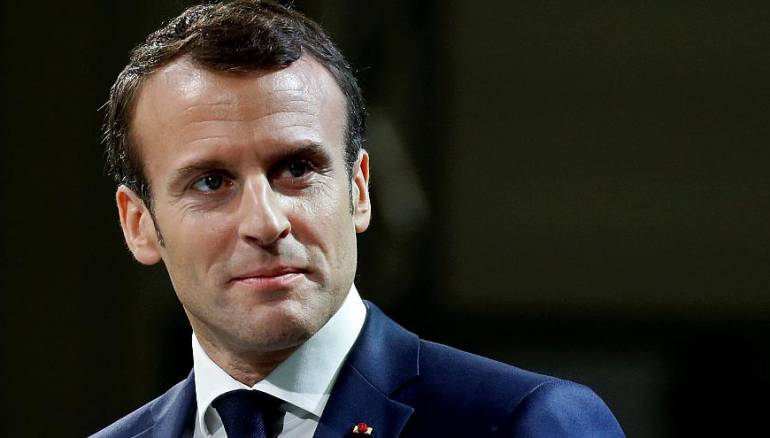
Paris: France's finance minister promised Friday that some 15 million households would benefit from tax cuts announced by President Emmanuel Macron, but the move did little to calm tempers among "yellow vest" protesters.
In a major address on Thursday night, the French leader promised a new round of tax cuts worth 5 billion euros (USD 5.5 billion) as part of a raft of measures in answer to five months of anti-government street protests over the high cost of living.
But the speech, which was billed as a turning point for Macron's troubled presidency, sparked a mixed reaction on Friday and failed to win over those whose weekly protests had triggered the crisis.
"The yellow vest movement has to keep going," said Thierry-Paul Valette, co-founder of the "Yellow Vest Citizens" group, saying Macron had "missed a crucial opportunity" to meet with those who had been protesting since mid-November.
"From our five months of demonstrations, he learnt nothing... He didn't provide any political answers."
Central to the package of measures outlined on Thursday were plans for new tax cuts which would be funded by axing corporate tax breaks, reducing public spending and introducing longer working hours.
The reforms follow a package of tax cuts and income top-ups worth 10 billion euros announced in December following the first month of protests by the yellow vests.
But Interior Minister Christophe Castaner stressed that Macron was addressing "the country, not 30,000 demonstrators".
The number of "yellow vest" protesters has dwindled progressively since last November, but each weekend tens of thousands still turn out, with the protests infiltrated by violent far-left and far-right groups.
Speaking to LCI news channel on Friday, Finance and Economy Minister Bruno Le Maire said 15 million households would benefit from the new measures, but promised they would not be funded by government borrowing.
"We are not going to let the deficit expand," he said. "We are not going to let the public debt expand."
Le Maire suggested there would be a "softening" of the lowest bracket of income tax -- which is set at 14 percent -- saying the current level was "too brutal" and "dissuasive." The tax cuts will be introduced in January 2020, Budget Minister Gerald Darmanin said.
Work to thrash out the
details of the tax cuts and other reforms along with a timeline will begin on Monday when Prime Minister Edouard Philippe meets with ministers and senior lawmakers in the ruling party.
details of the tax cuts and other reforms along with a timeline will begin on Monday when Prime Minister Edouard Philippe meets with ministers and senior lawmakers in the ruling party.
Cutting public spending to pay for tax cuts will be a major challenge for Macron's centrist government, given the sensitivity in France about any changes to public services.
Macron suggested some government agencies could be eliminated and proposed more bureaucrats and public officials be transferred from Paris to provincial France.
Asked whether the moves would be enough to pacify France, Gilles Le Gendre, who heads Macron's LREM in parliament, admitted it would take time.
"For the moment, the anger is such that it will be difficult to make ourselves heard," he told BFM Business, although he insisted the message would eventually win them over.
"We will steadily win people's confidence."
But for many within the yellow vest movement, Macron's reforms were simply too little, too late.
In Aubagne near Marseille, a dozen or so protesters angrily rejected his speech, denouncing the reforms as "stupid trivial measures" which they said showed he had "not listened to the people's demands".
"He's taking us for idiots, it's a load of crap," fumed Jean-Luc, a shopkeeper who told AFP he had "had enough of seeing elderly people rummaging through dustbins".
And he was also fed up "with rich people thinking they could teach (the protesters) a lesson".
Priscillia Ludosky, a key figure in the movement, simply tweeted the dates of the next seven Saturdays, each marked with the word: "demo".
Opposition figures agreed it had done little to help.
In saying he would continue with his reform programme and even step up the pace, Macron had "stuck his fingers up at the yellow vests" said Sebastian Chenu, spokesman for the far-right National Rally.
Plans to increase diesel prices and raise taxes on pensions provided the spark that initially triggered the protests in rural France in November, which quickly ballooned into a full-scale anti-government rebellion.
A poll carried out for Le Figaro newspaper found that 63 percent of people found Macron unconvincing and 80 percent thought the "yellow vest" protests would continue.
No Comments For This Post, Be first to write a Comment.
Most viewed from International
Most viewed from World
AIMIM News
Latest Urdu News
Most Viewed
May 26, 2020
Is it right to exclude Bangladesh from the T20 World Cup?
Latest Videos View All
Like Us
Home
About Us
Advertise With Us
All Polls
Epaper Archives
Privacy Policy
Contact Us
Download Etemaad App
© 2026 Etemaad Daily News, All Rights Reserved.



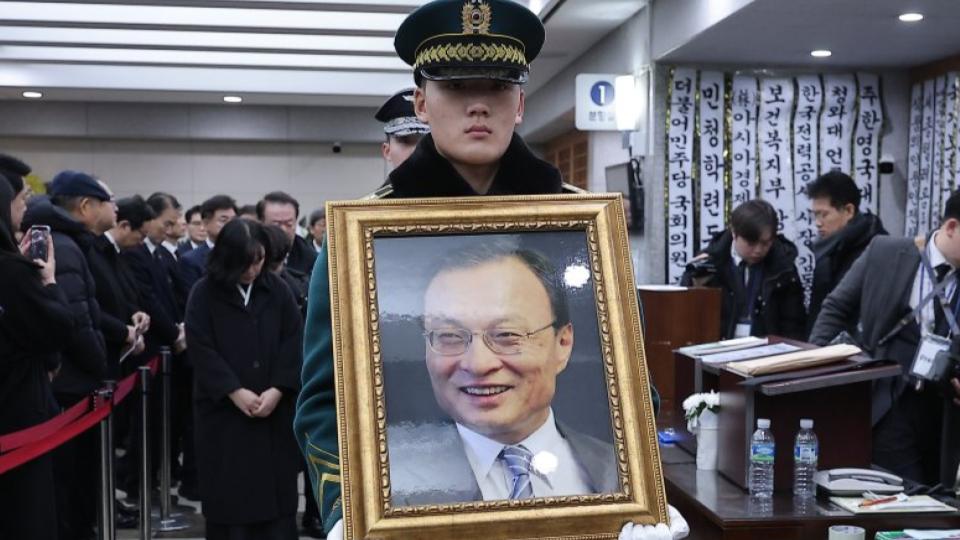

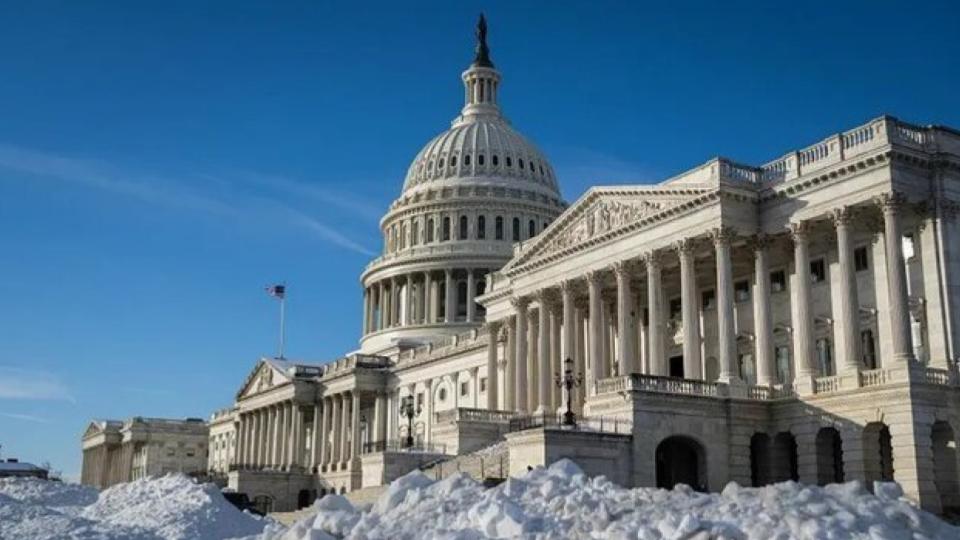


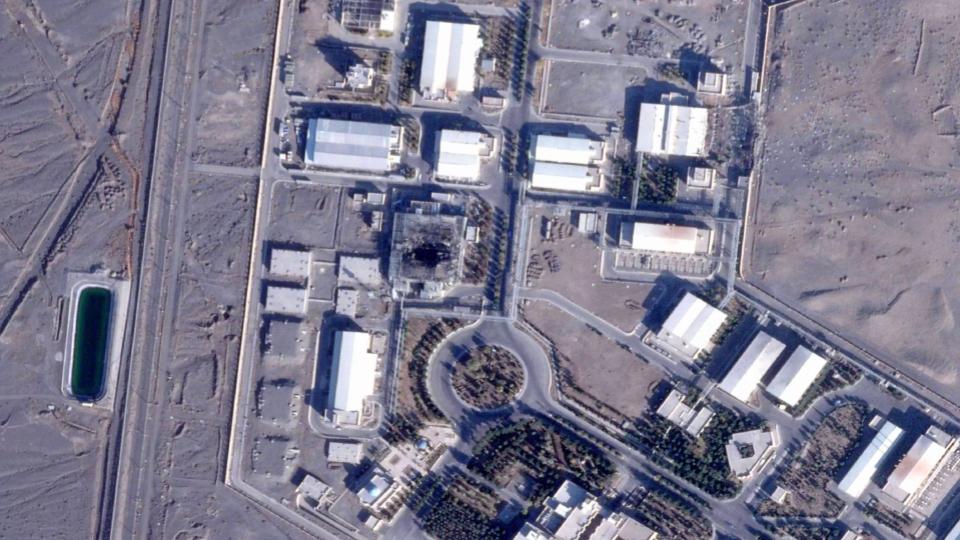
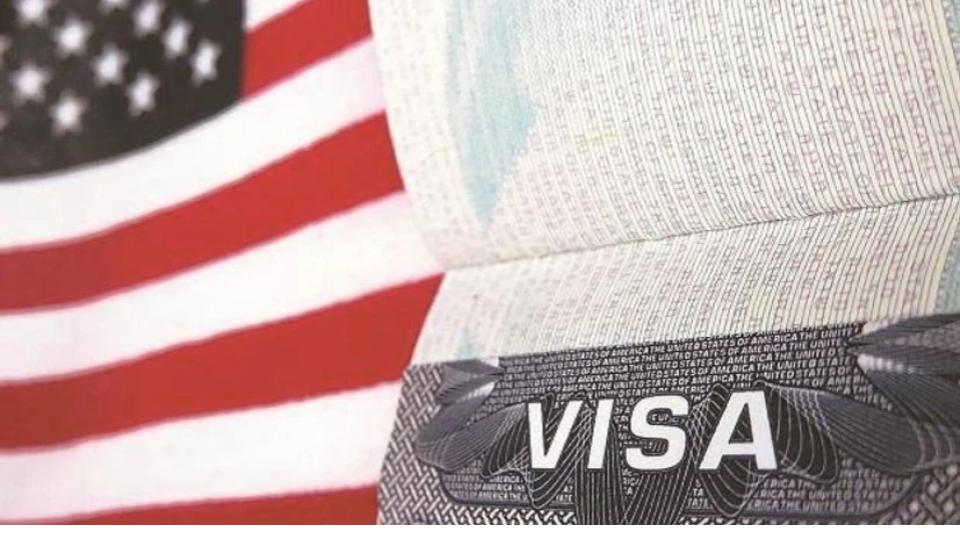
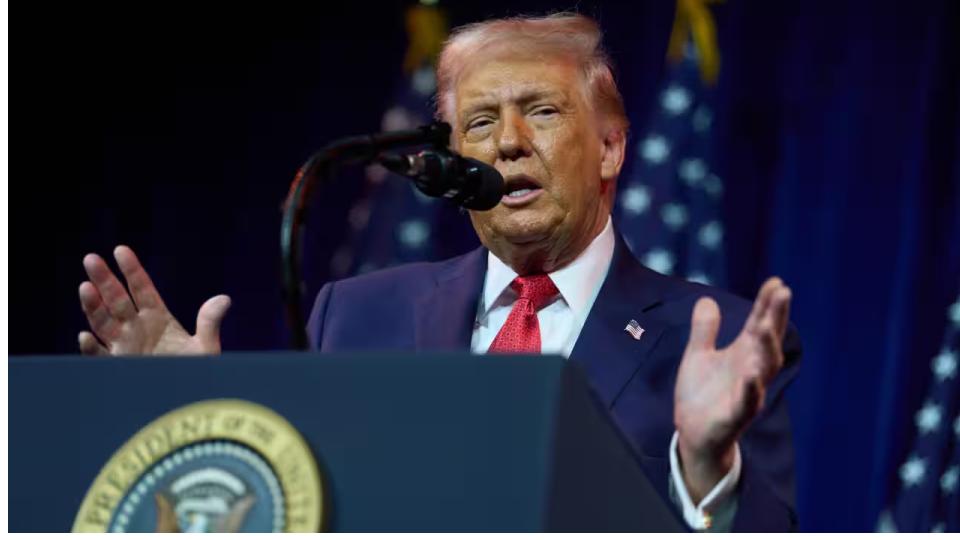




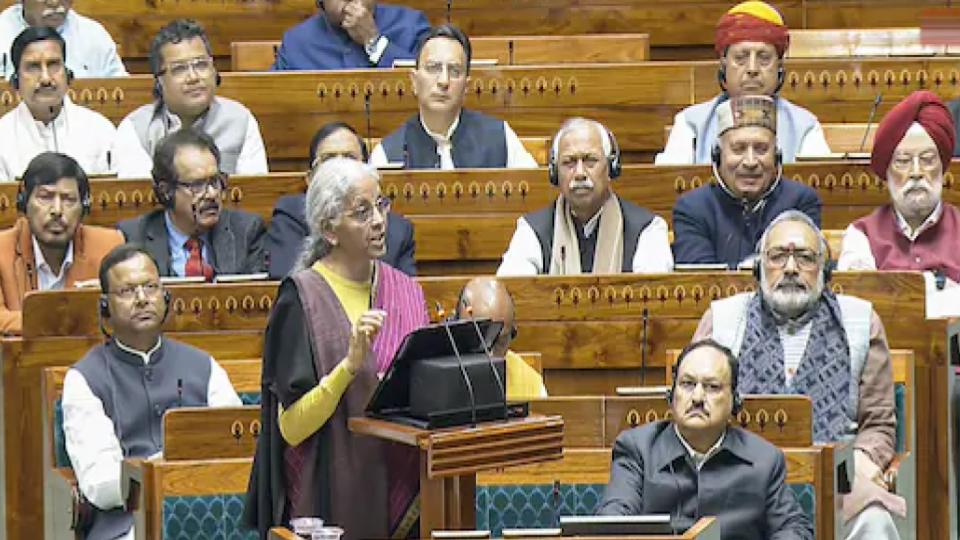

.jpg)
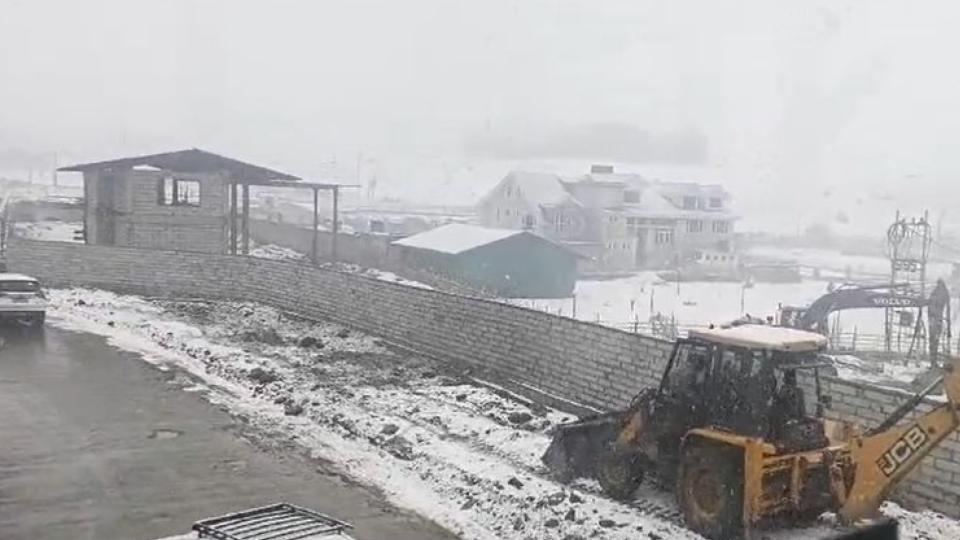


















.jpg)
.jpg)
.jpg)


